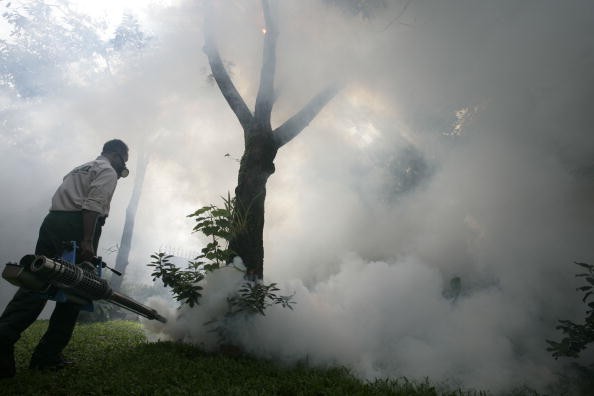
A rare virus caused by the same mosquito that is linked to dengue and Chikungunya is believed to be a growing threat among Brazil's babies.
This virus is Zika and is currently being related to the rapidly increasing rate of babies born with a condition known as microcephaly, which is characterized by smaller-than-usual head and brain. A genetic condition, it can be caused by the mother's exposure to certain viruses like chickenpox or German measles virus that lead to the poor development of the brain. Children born with the condition may experience seizures, developmental delays, and poor coordination and balance, although some of them can have normal intelligence and live a normal life aided by regular therapies.
According to the health authorities in the country, the number of microcephaly cases numbered to more than 1,200 as of November 2015, spread across more than ten states. At least five babies have already died. The task in controlling the spread of the Aedes aegypti mosquitoes are more difficult in poor areas.
The Centers for Disease Control and Prevention (CDC) of the United States is already helping the investigation, especially since there have been reports of the Zika virus in other places in the Americas like Paraguay, Venezuela, and Guatemala. The Pan American Health Organization (PAHO) has already issued an alert in relation to the virus.
Nevertheless, the CDC is taking careful steps before it can confirm the link between the increase of microcephaly cases in Brazil and the Zika virus.
Unlike the other types of mosquito-borne viruses, there's not much known about Zika. It's a non-infectious disease that isn't spread through animals. Some of the symptoms include headaches, muscle pains, rashes, and fever, which normally occur as short as three days after the mosquito bite, although they may not manifest until almost two weeks. The symptoms, however, are often mild that the sick may not immediately seek medical help.

